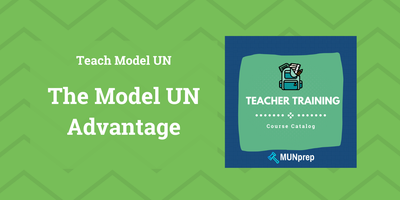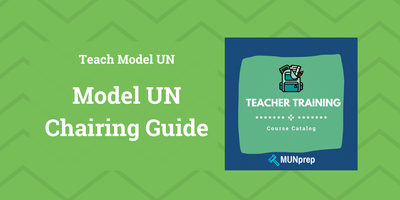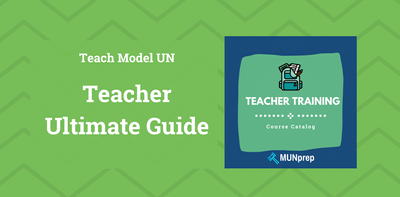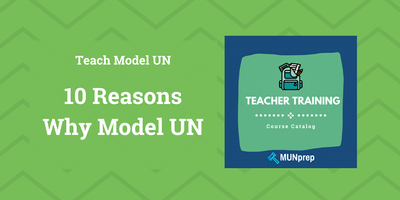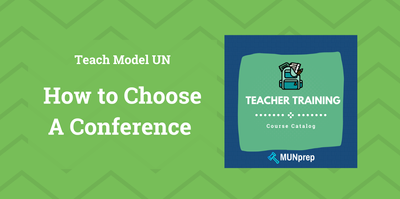Common Challenges Experienced By MUN Teams
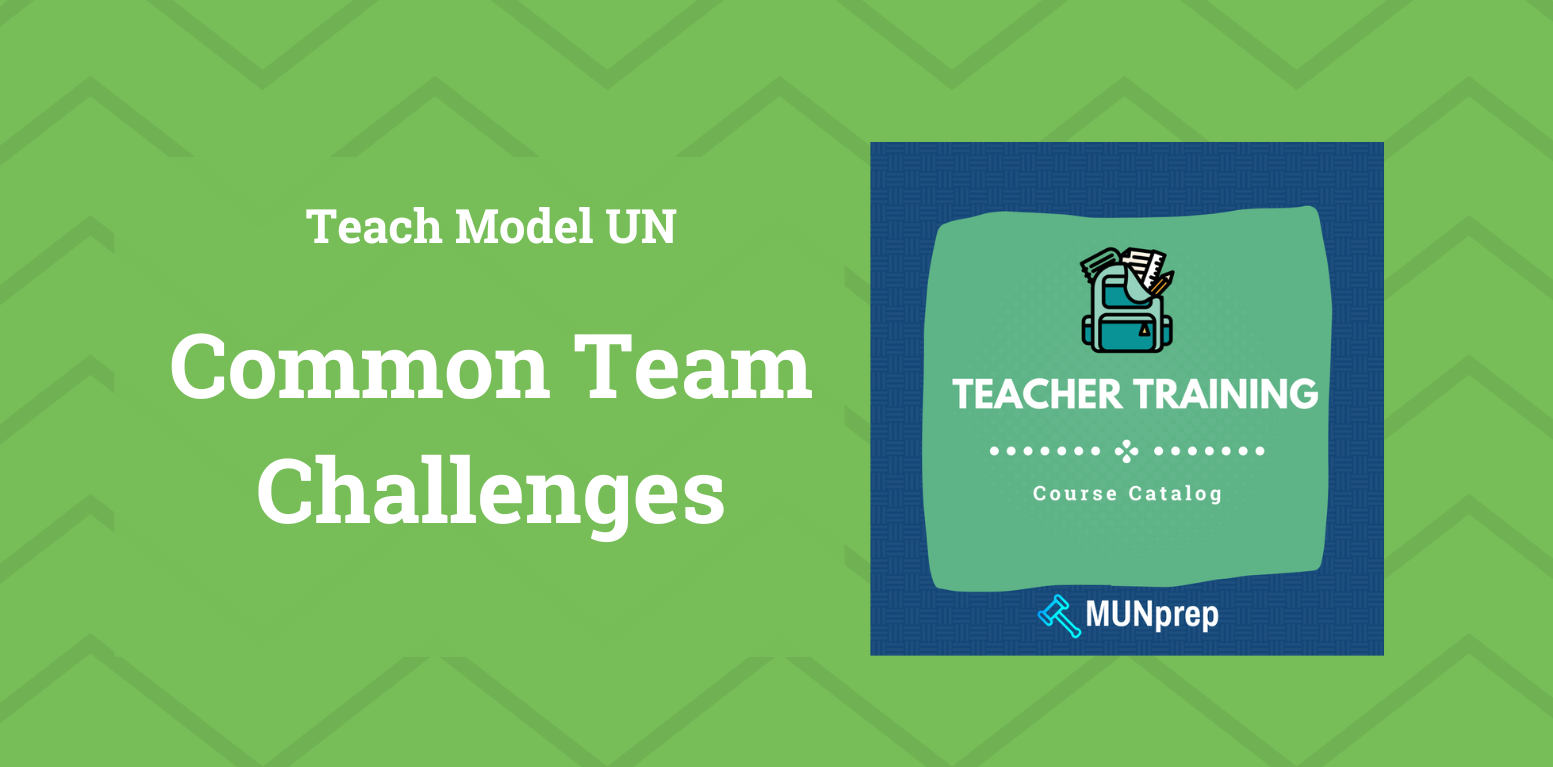
Addressing Challenges in the Model UN Classroom
Model United Nations (MUN) is a powerful educational tool that fosters critical thinking, diplomacy, and global awareness among students. However, the dynamic nature of MUN simulations also brings unique challenges that teachers must navigate.
From managing diverse skill levels to ensuring productive debates, teachers play a crucial role in creating an inclusive and engaging learning environment. This article will explore common challenges in the MUN classroom and provide practical solutions to help teachers effectively manage them.
1. Diverse Skill Levels
In any MUN classroom, students will have varying degrees of experience and expertise. Some may be seasoned delegates familiar with the nuances of parliamentary procedure, while others are complete beginners.
Solution: Differentiate instruction by offering foundational lessons for beginners while providing advanced modules or assignments for experienced delegates. Pairing students with different skill levels for group activities can also promote peer learning, where more experienced delegates mentor newcomers.
2. Ensuring Equal Participation
It's common for a few outspoken students to dominate discussions, leaving others sidelined. This can lead to an imbalance in participation, with quieter students missing out on the full MUN experience.
Solution: Implement a rotation system where different students are given the floor in each session. Encourage group activities that require everyone’s participation, such as round-robin discussions or small group caucuses. Teachers can also assign specific roles to quieter students to ensure they have opportunities to contribute.
3. Managing Heated Debates
Passionate discussions are a hallmark of MUN, but they can sometimes escalate into heated arguments, disrupting the learning environment.
Solution: Establish clear classroom debate guidelines that promote respect and understanding. Emphasize the importance of listening as much as speaking, and model calm, respectful behavior during debates. Intervening early when discussions start to veer off course can prevent conflicts from escalating.
4. Overcoming Research Overwhelm
The breadth and depth of MUN topics can overwhelm students, leading to research paralysis. This is particularly challenging when students are new to complex international issues.
Solution: Guide students on how to break down topics into manageable sections. Encourage them to work in groups, focus on credible sources, and organize their findings methodically. Providing research templates or checklists can help students stay on track and avoid feeling overwhelmed.
5. Navigating Sensitive Issues
MUN topics often touch upon contentious or sensitive issues, such as human rights, historical injustices, or current geopolitical conflicts. These topics can be difficult for students to discuss respectfully and objectively.
Solution: Set clear guidelines for discussing sensitive topics. Encourage empathy and understanding, ensuring students approach these discussions with the required gravitas and respect. Role-playing different perspectives can help students see issues from multiple angles, fostering a more balanced and informed debate.
6. Balancing National Perspectives with Global Objectives
Students may become too attached to their national perspectives, hindering objective debate and the ability to see the broader global context.
Solution: Encourage students to "wear their delegate hats," reminding them that they are representing a country’s stance, not their personal beliefs. Activities that require students to argue from different national or ideological perspectives can help them develop a more nuanced understanding of global issues.
7. Addressing Disengagement or Burnout
Preparation for MUN conferences can be intensive, leading to student burnout or disengagement, especially if the workload becomes overwhelming.
Solution: Incorporate regular breaks into the MUN curriculum. Organize lighter activities like MUN quizzes or team-building games to keep energy levels up. Additionally, check in with students regularly to gauge their stress levels and adjust the workload as needed.
8. Facilitating Constructive Feedback
Feedback is essential for student growth, but it can sometimes be taken negatively, especially in a competitive environment like MUN.
Solution: Frame feedback as "feed-forward," emphasizing how it propels growth rather than focusing on past mistakes. Cultivate a classroom culture where feedback is valued and sought after. Peer feedback sessions can also be beneficial, as students may find it easier to accept constructive criticism from their peers.
Conclusion
Navigating the challenges of a MUN classroom requires thoughtful planning and a proactive approach. By addressing issues like diverse skill levels, ensuring equal participation, and managing heated debates, teachers can create a more inclusive and productive learning environment. With these strategies in place, students will be better equipped to engage in meaningful discussions, develop their diplomatic skills, and gain a deeper understanding of global issues.

